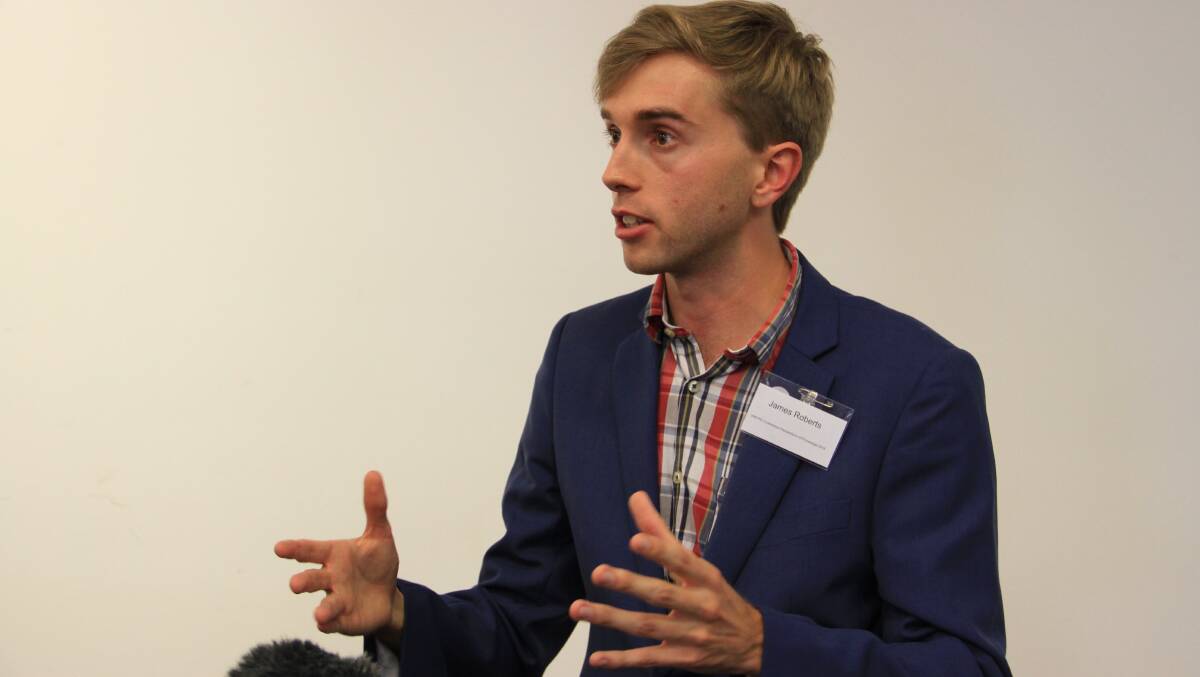
“The first time you actually find something in the ground that hasn’t been touched for 1,000 or 2,000 years, you get a real bug from that,” archaeologist James Roberts said.
Subscribe now for unlimited access.
$0/
(min cost $0)
or signup to continue reading
“You want to chase the dragon, and that’s how I ended up here.”
At only 24 years of age, Mr Roberts is working on a PHD about his studies of animal bones found at an archaeological site in the United Arab Emirates.
This, he hopes, will reveal the types of relationships that existed between ancient people of that area and the wild and domesticated goats, camels, gazelles and reptiles around them.
The young Englishman is studying under the University of New England’s Professor Lloyd Weeks, and spent months in the scorched desert two hours’ drive inland from Dubai in the pursuit of ancient bones.
The site is called Saruq Al-Hadid, an anomaly among the region’s ancient sites because it has no real resources nearby – far from the coast and its fishing, as well as the mountains and their freshwater streams.
“We believe these people were coming in on a seasonal basis,” Mr Roberts said.
Saruq Al-Hadid was occupied by several successive groups of people from around 2200 BC to 800 BC.
“There was potentially much more vegetation out there when the region was first inhabited, around 4000 years ago, and we have evidence of them digging wells from around 1000 BC.”
Mr Roberts said the Arabian Peninsula is probably much more arid and inhospitable now than it was 4000 years ago.
Despite spending months poring over the detritus of their civilisation, Mr Roberts is undecided about whether he feels an affinity for the ancient inhabitants of Saruq Al-Hadid.
“In some ways we are completely different – we don’t know what language they spoke, nor even what they called themselves - but in many ways we are completely similar because we still interact with our environment, and it still dictates our behaviour,” he said.
“I think it’s very important that we don’t see ourselves as too different, as this new special type of human that has cameras and buildings and clothes,” he said.
“Like them, we still live at the whim of the environment.”
Related stories:

